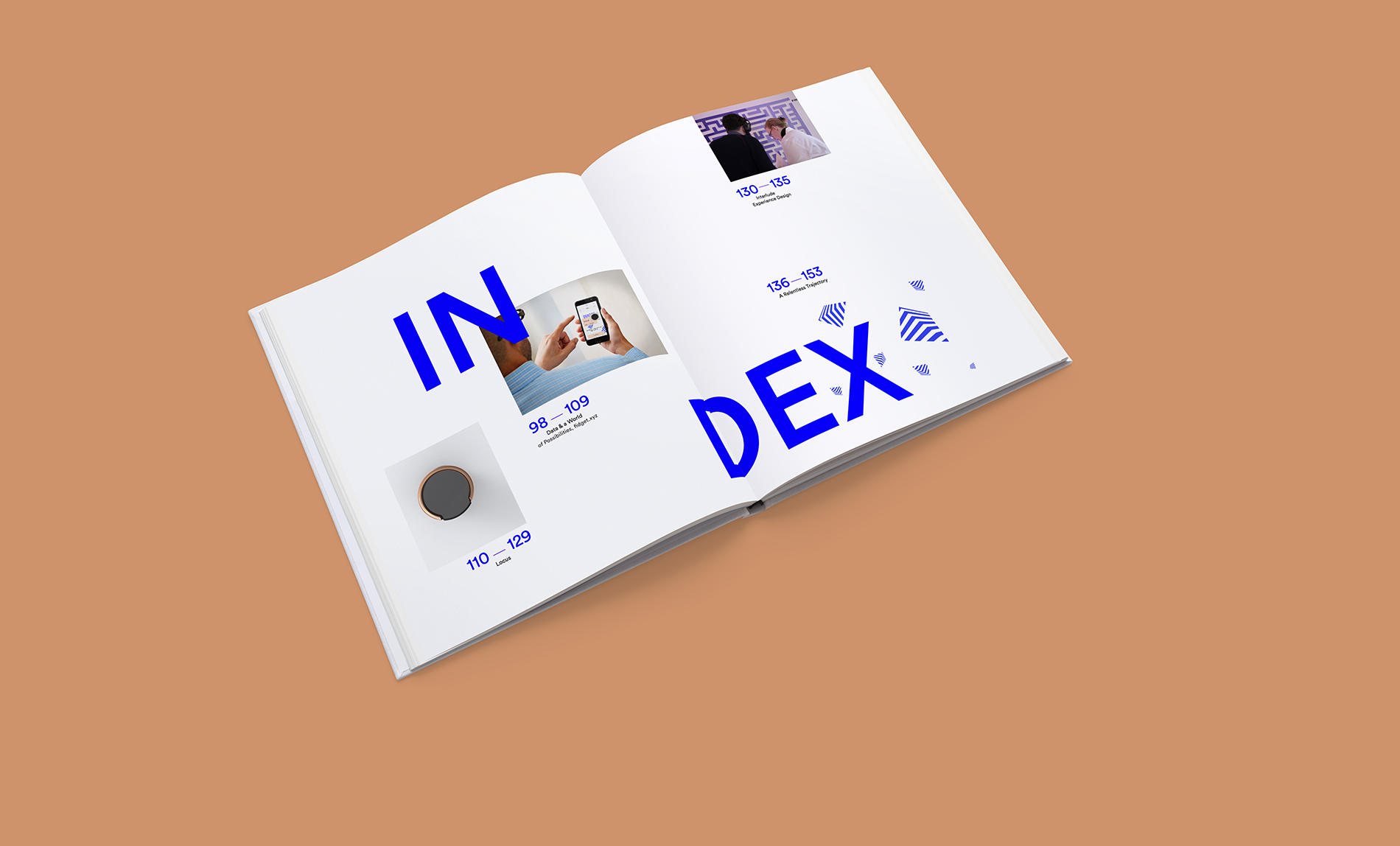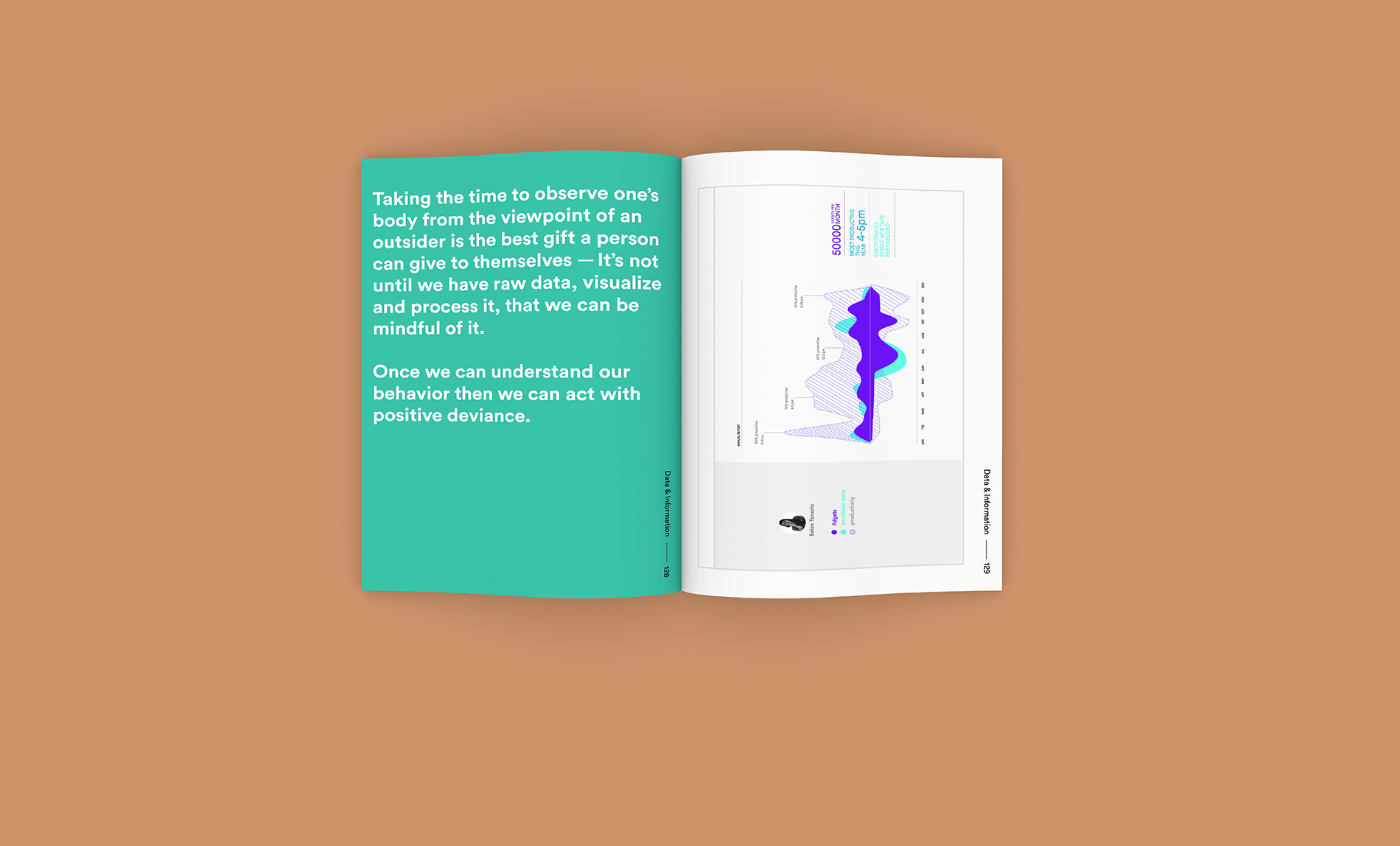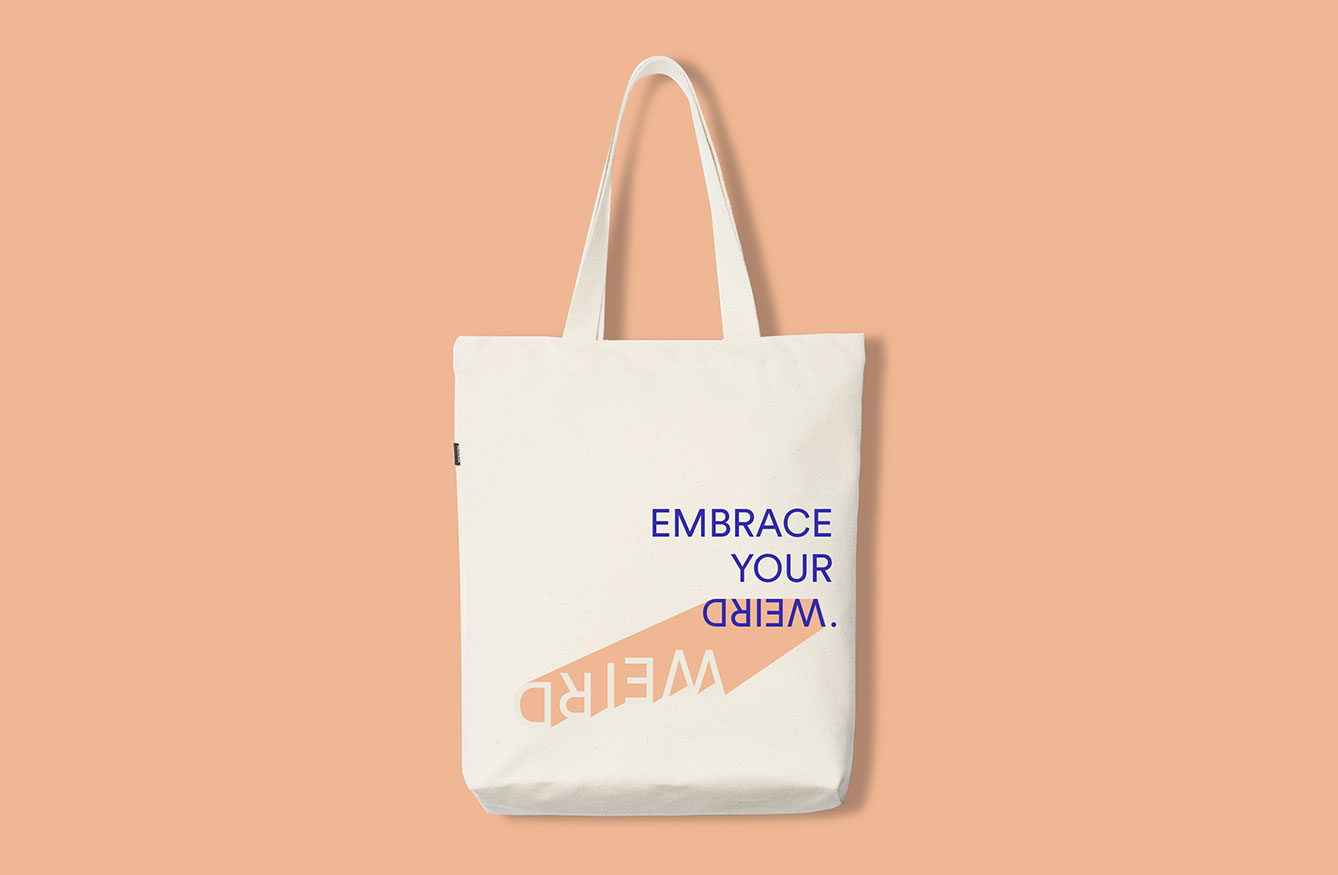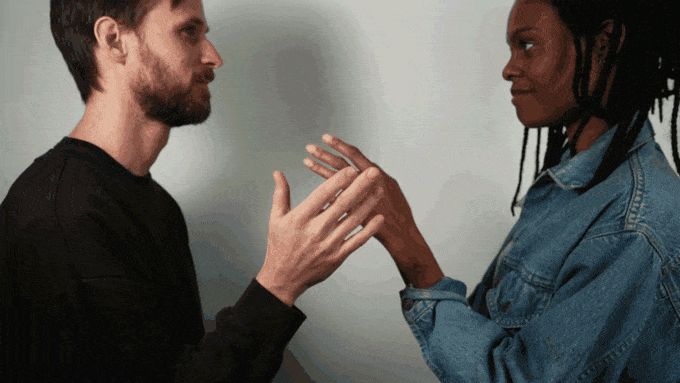
ReMind
My thesis re-evaluates Attention Deficit Disorder and Attention Hyperactivity Disorder in the context of a quick-fix society that too eagerly medicates individuals.

My thesis re-evaluates Attention Deficit Disorder and Attention Hyperactivity Disorder in the context of a quick-fix society that too eagerly medicates individuals.
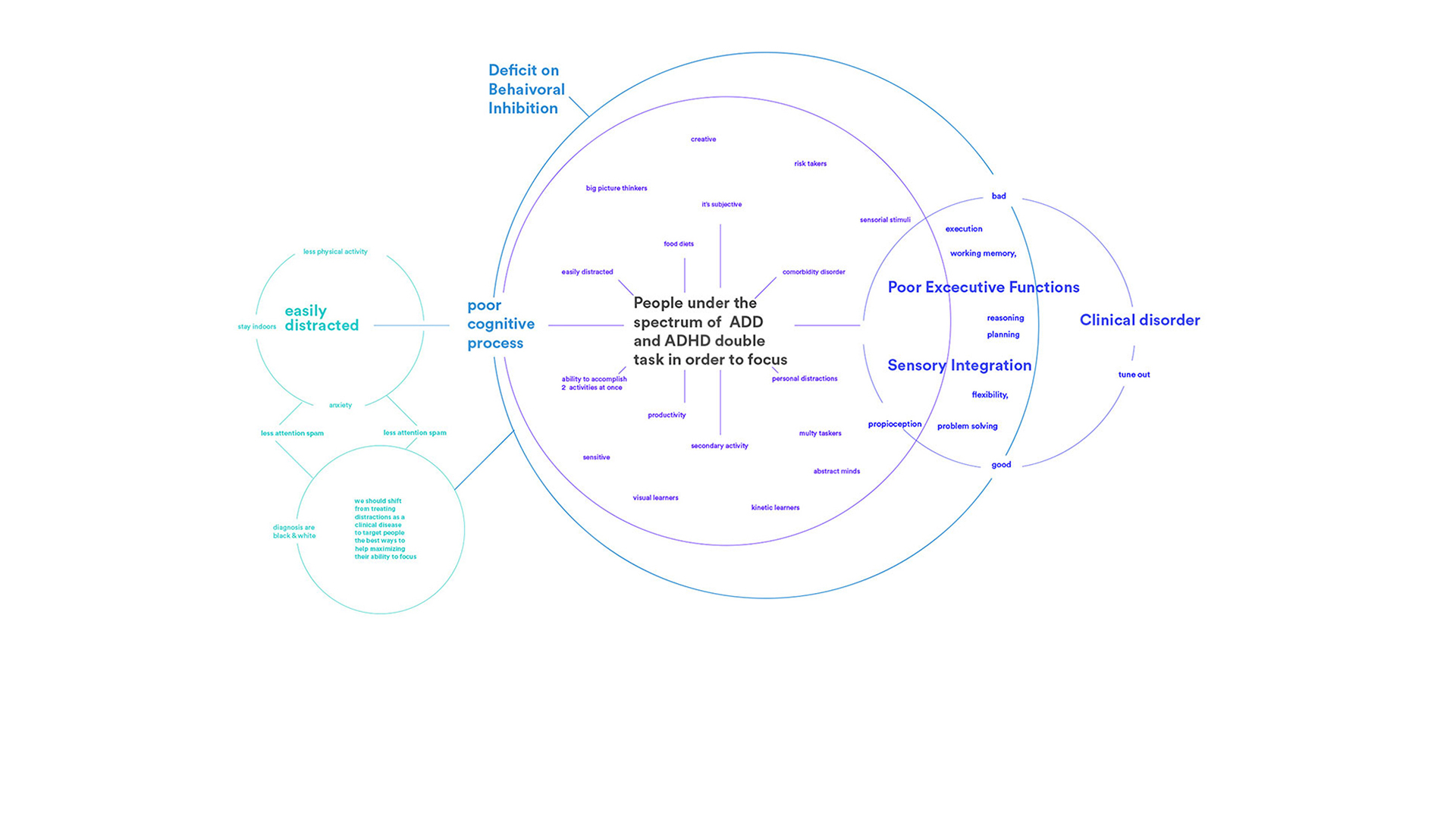
I conducted primary and secondary research with experts in the subject matter area.
"The origin of the condition is an evolutionary result of adaptive behavior. It's not the disease society tells us it is." - Thom Hartman, Psychotherapist and author of the Edison Gene book
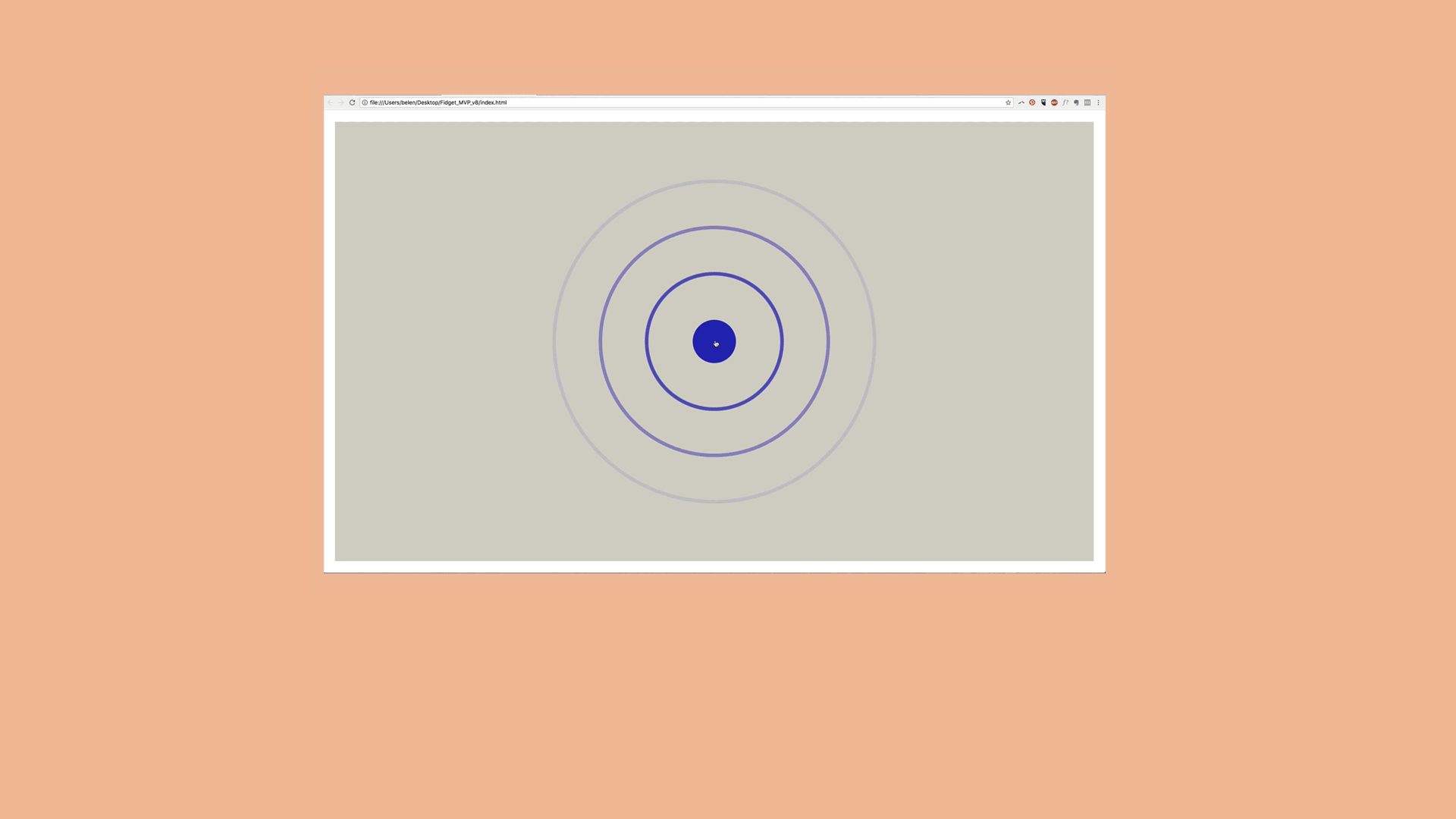
was one on my main goals. According to Roland Rotz and Sarah D. Wright, authors of Fidget To Focus "If something we are engaged in is not interesting enough to sustain our focus, the additional sensory-motor input that is mildly stimulating, interesting, or entertaining allows our brains to become fully engaged in the primary activity at hand."
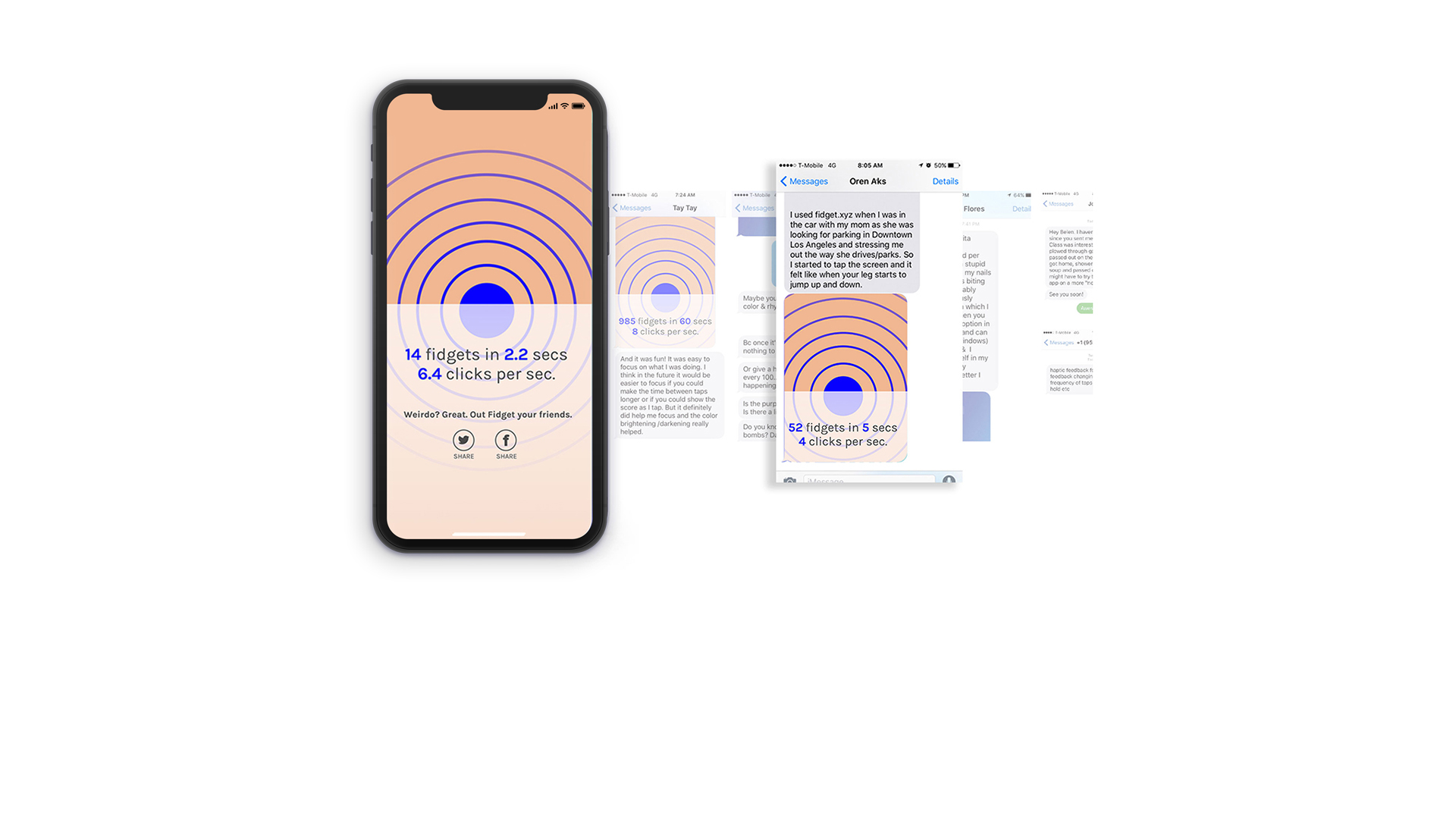
What could happen if you were to re-frame the biggest distractor, and only device you carry with you 24/7, as a fidget device? That is, of course, your cellphone. With the help of Alex Castillo, we coded fidget.xyz, a mobile friendly browser app where users can repeatedly tap their phone's screen and the time and amount of taps (or fidgets) will be tallied. You can also share your experience on social media and challenge your friends to outfidget you!
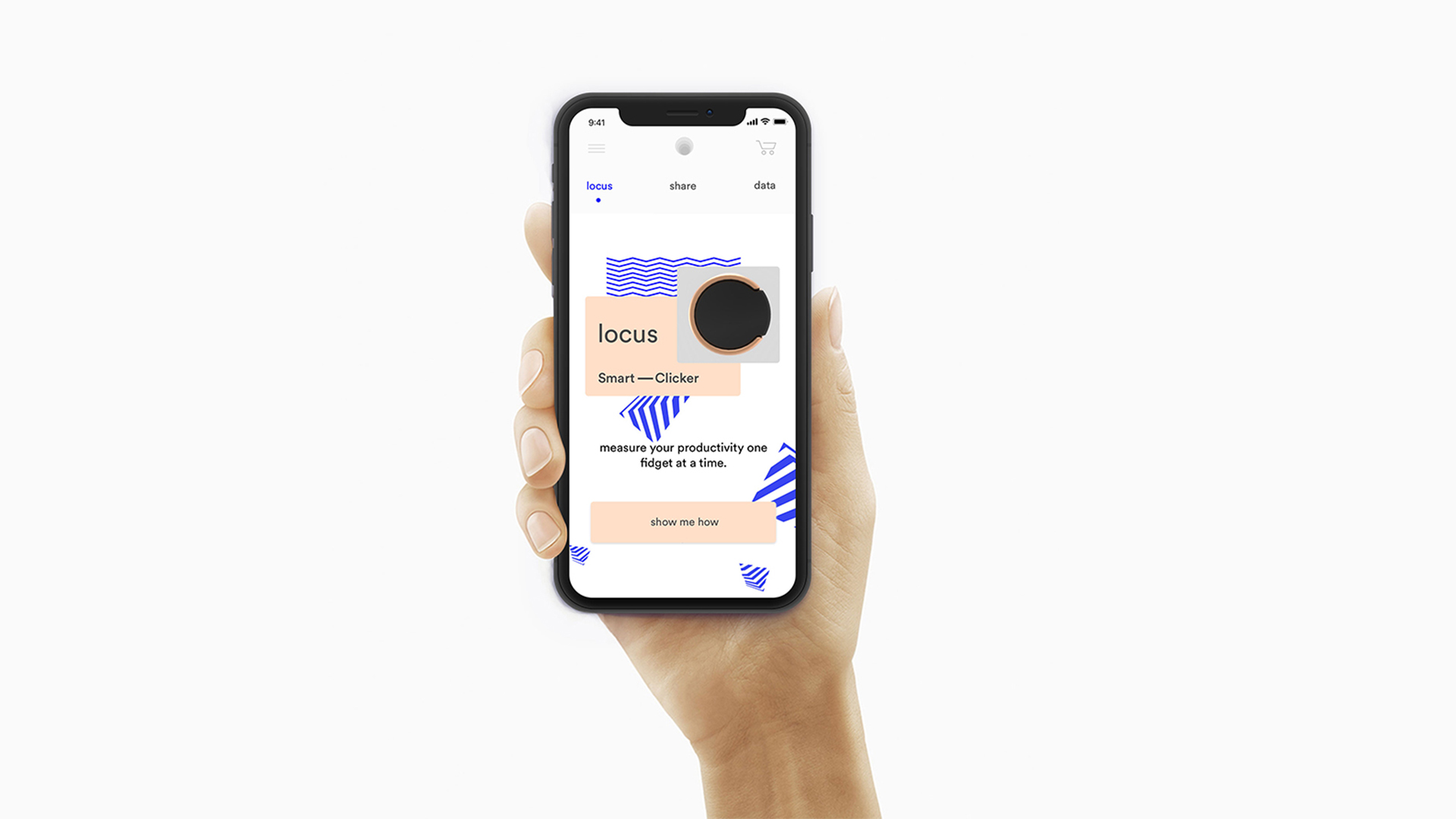
because ADD and ADHD are very subjective. It is a spectrum and where one falls on that spectrum varies. Stimulants or environments can further modify people's reactions.
I started to think about a quantified outcome where different people can check out their personal data through fidgets. That's how LOCUS was born.
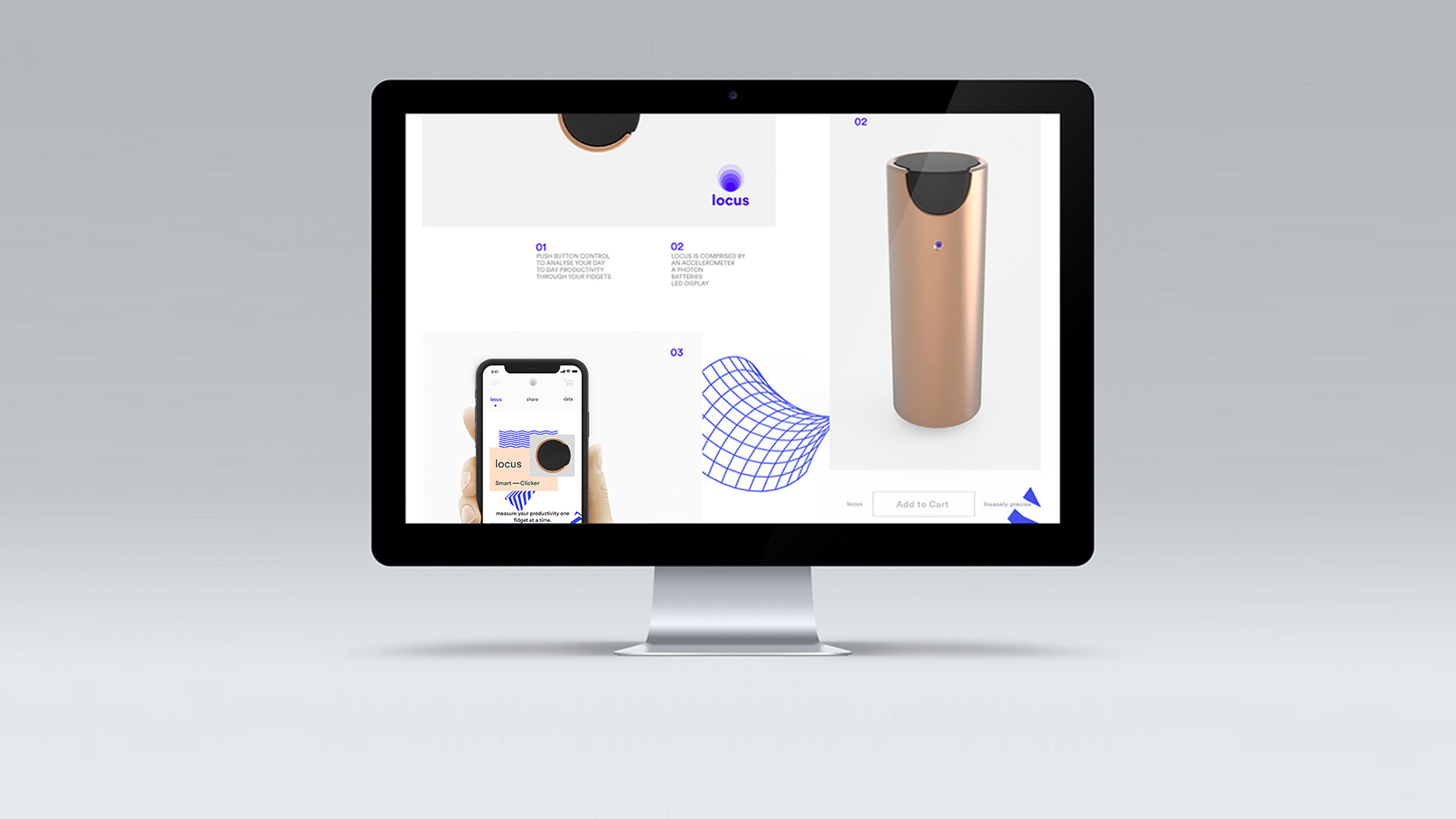
I developed locus, a smart clicker that follows the taxonomy of our thumbs movement when using a pen in stationary spaces. This smart clicker which is connected to the IOT is envisioned to measure your productivity based on the amount of clicks you make, in a specific frame of time, during the day.
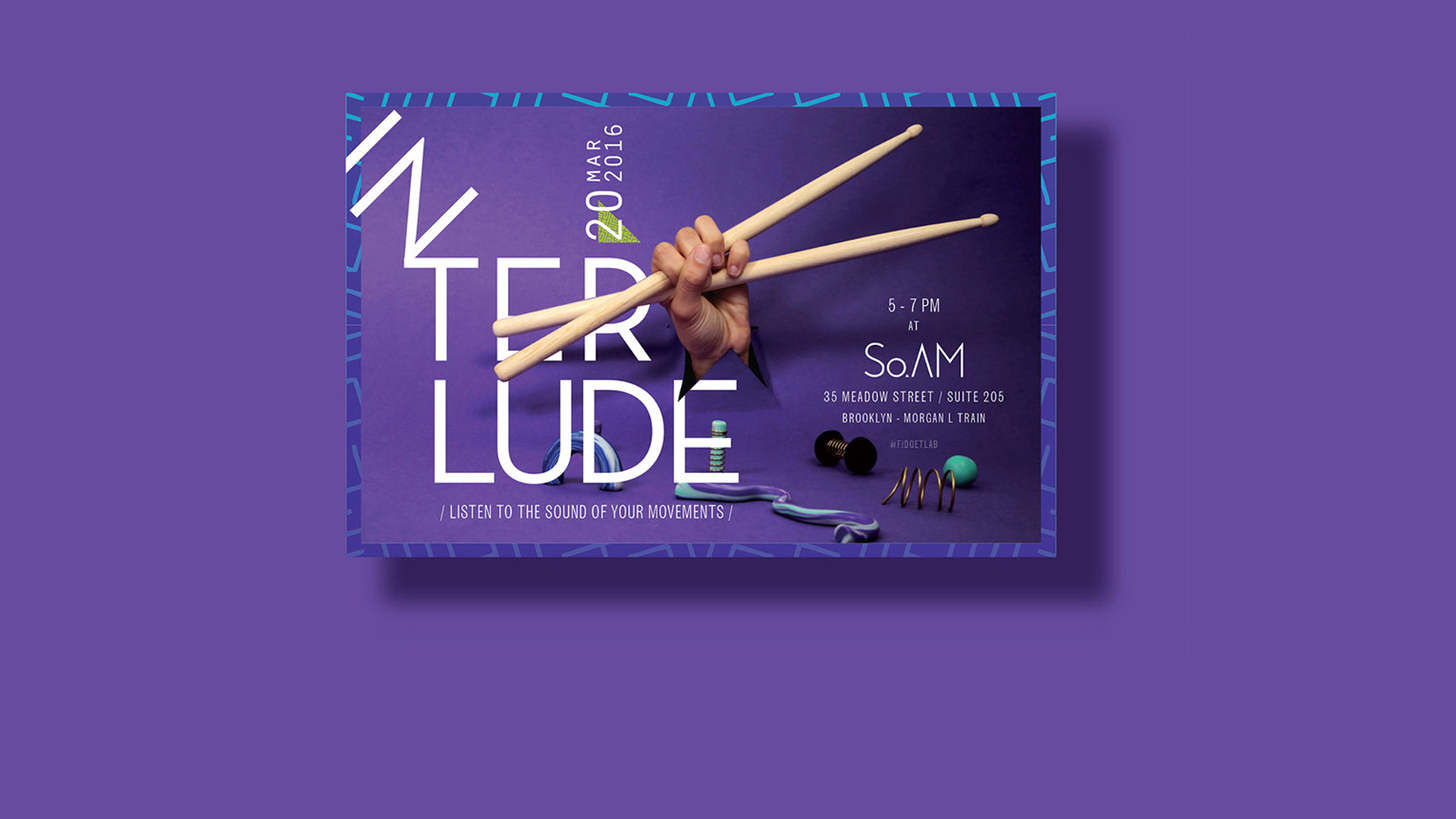
Interlude was created in order to study and analyze ADD'ers and non ADD'ers behaviors. I prototyped a fidget pad covered in magnetic paint. This Pad was connected to a micro-controller called Makey Makey which was linked to a GarageBand-style sequencer for your browser called Sampulator.
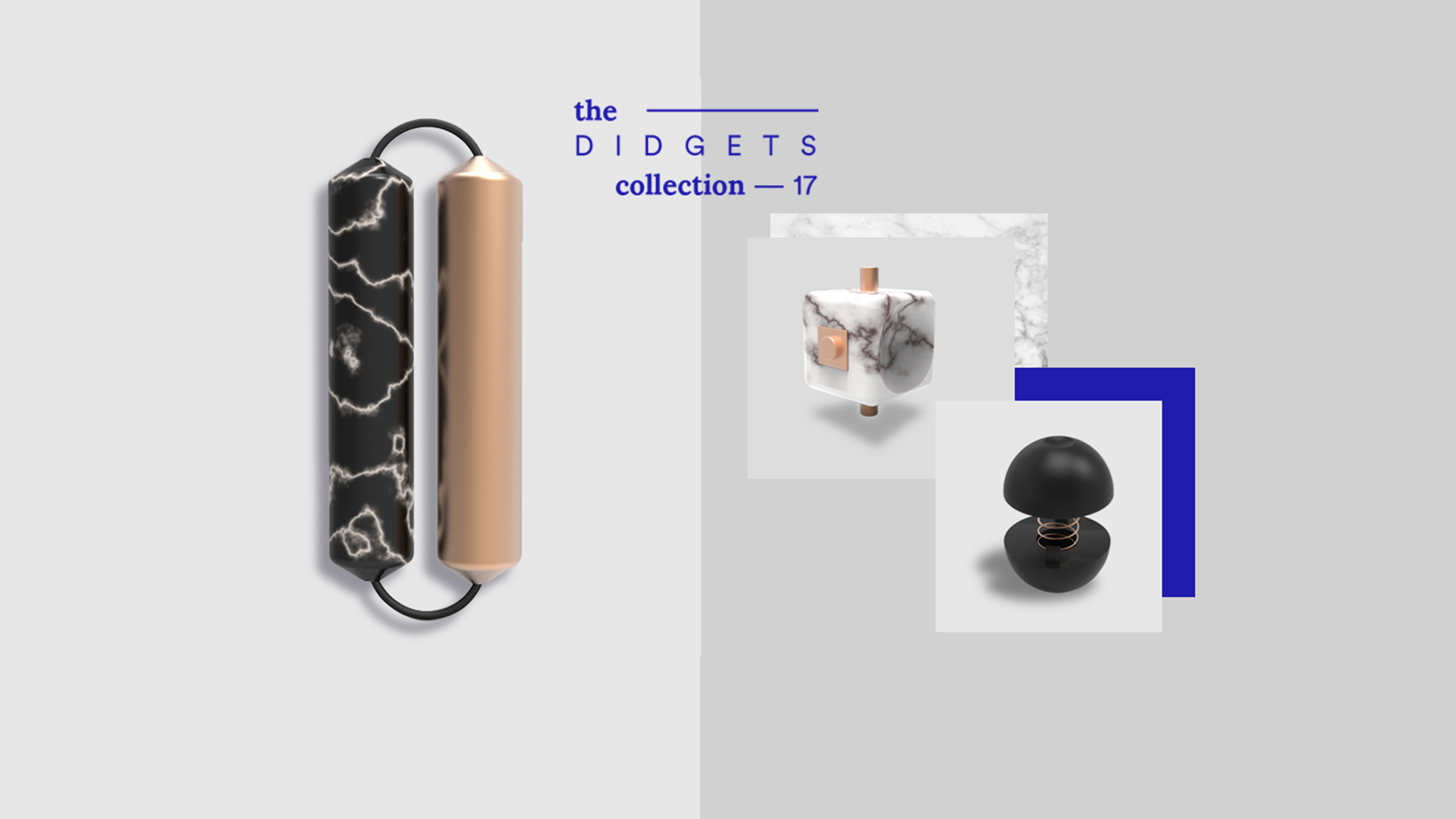
In my explorations I wanted to showcase how important tacit knowledge of every day objects is to ADD-ers and ADHD-ers. You can watch the video here.
In order to encourage double tasking through fidgeting, I created a set of quality fidget tools named Didgets. Didgets allow discreet fidgeting inside classrooms, meetings, and lectures. There are four in all, each designed for specific tactile preferences. Check them all out below...
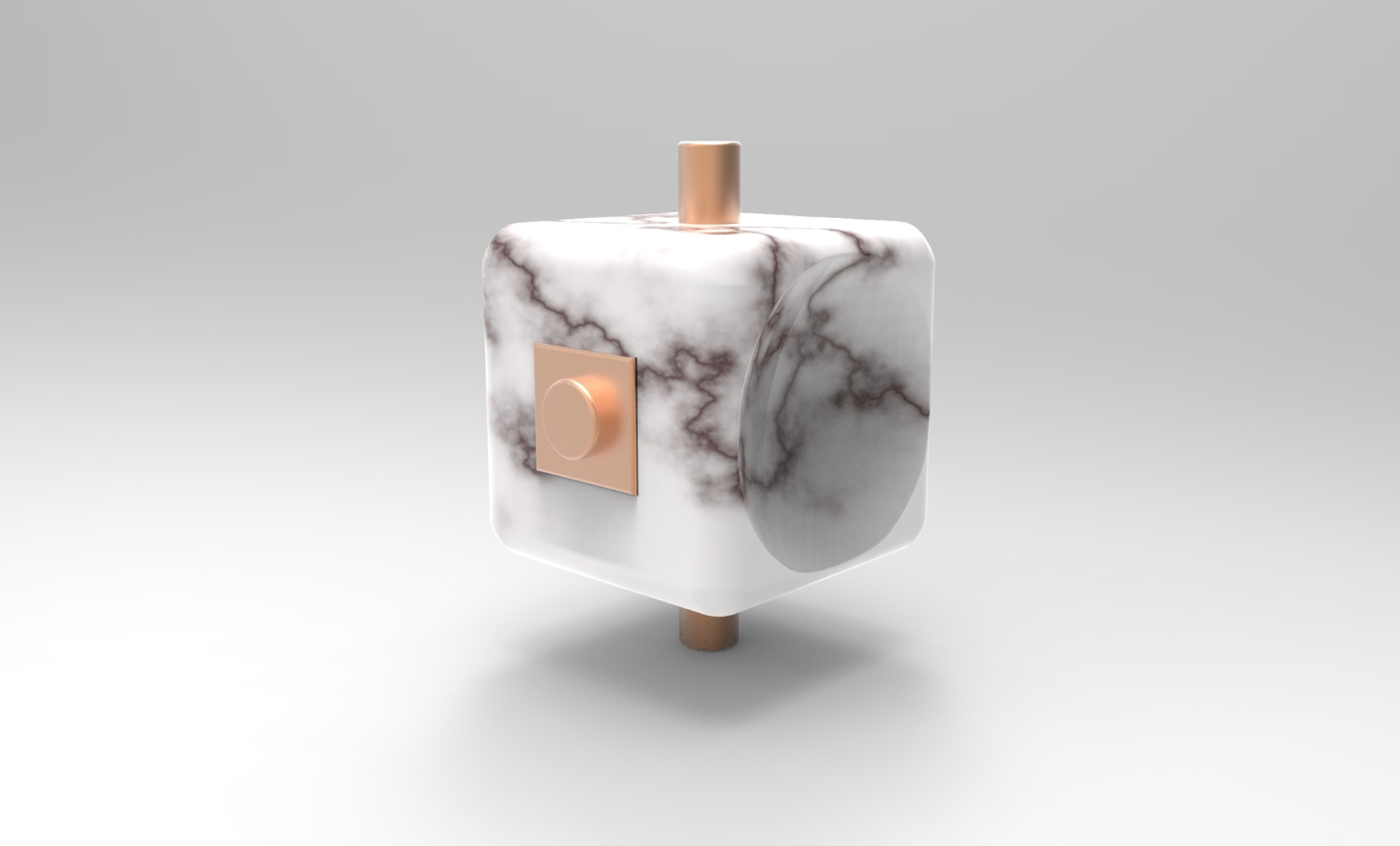
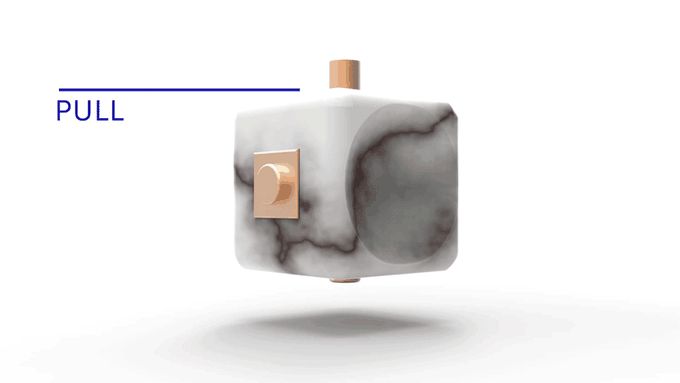
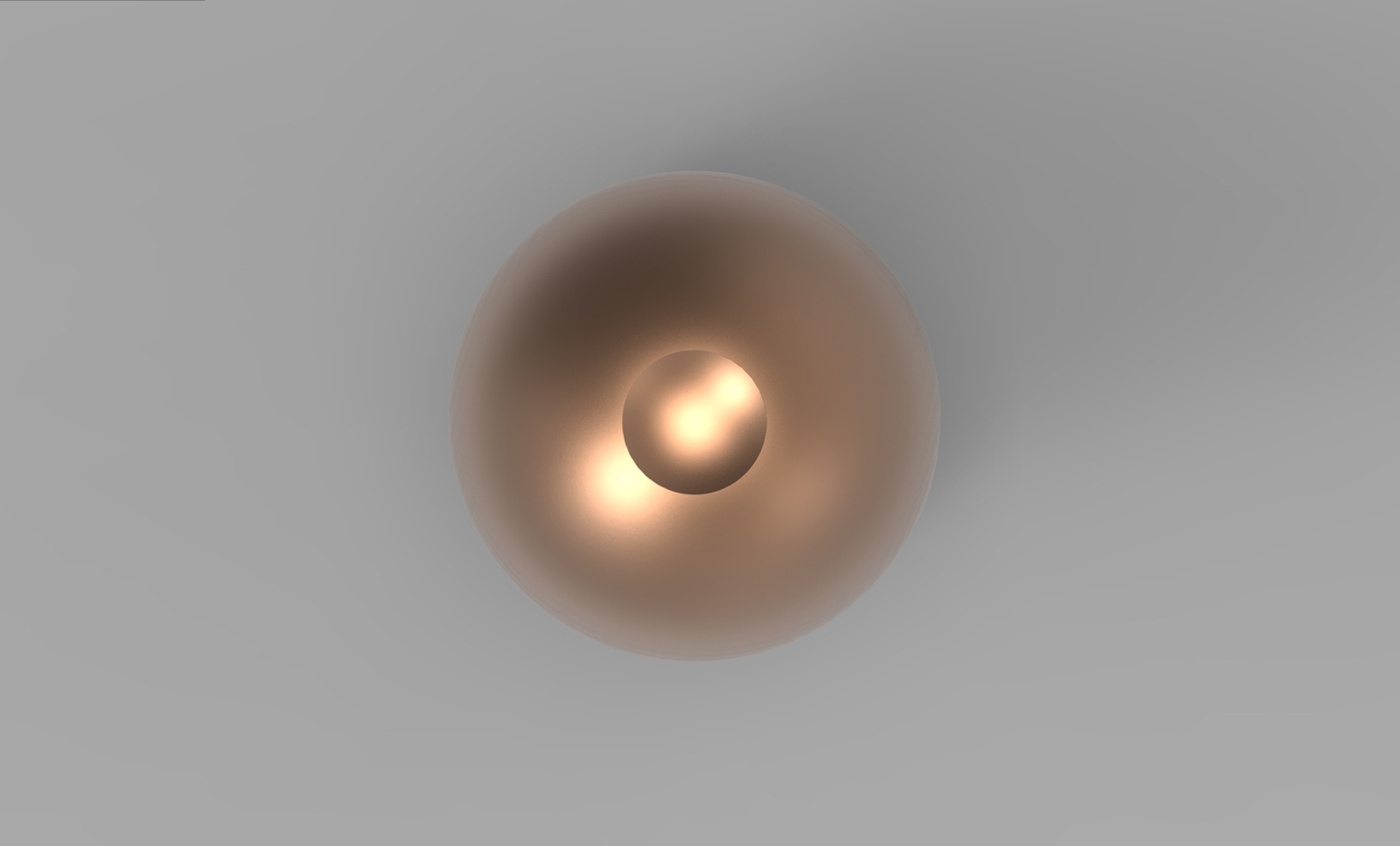
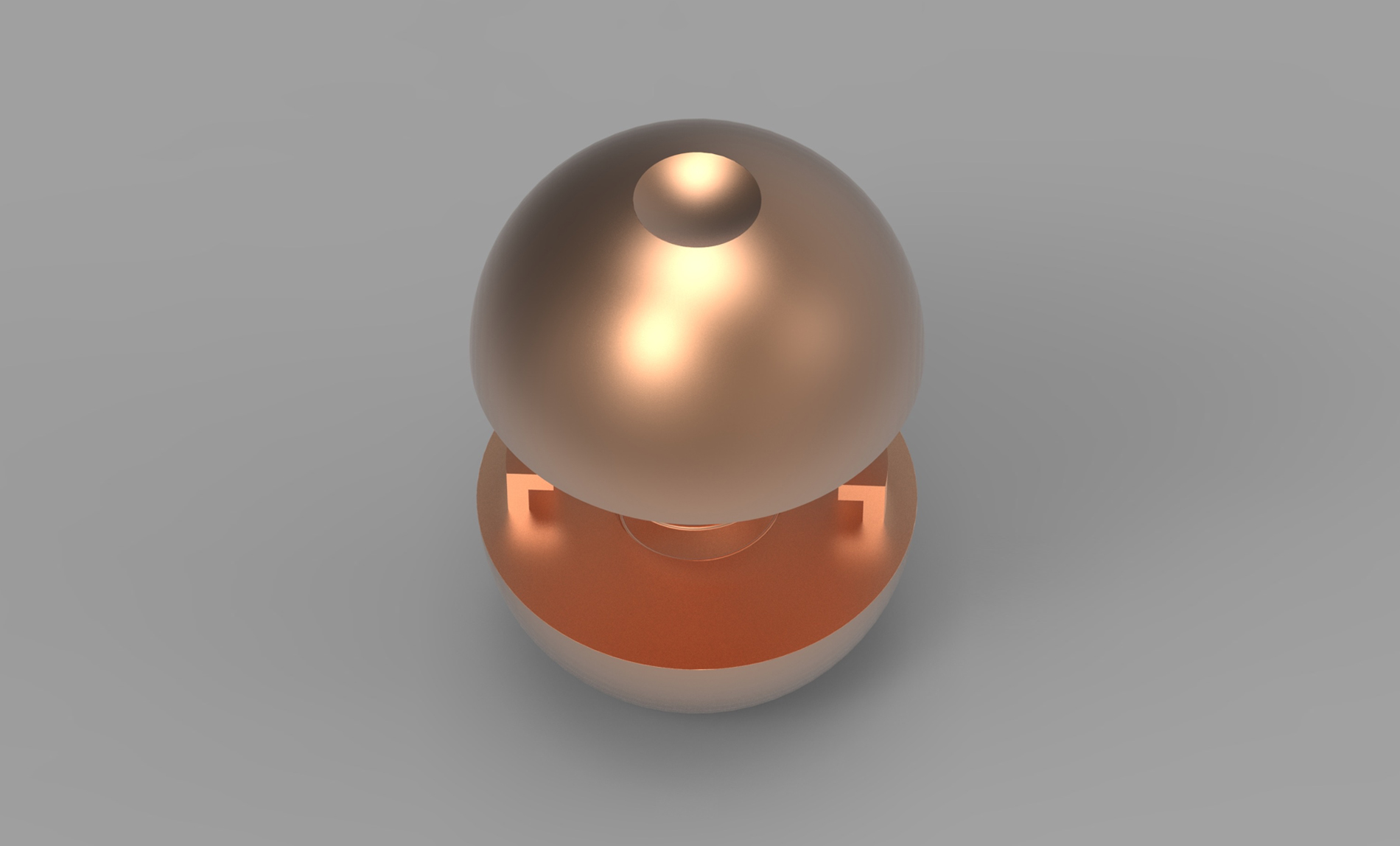
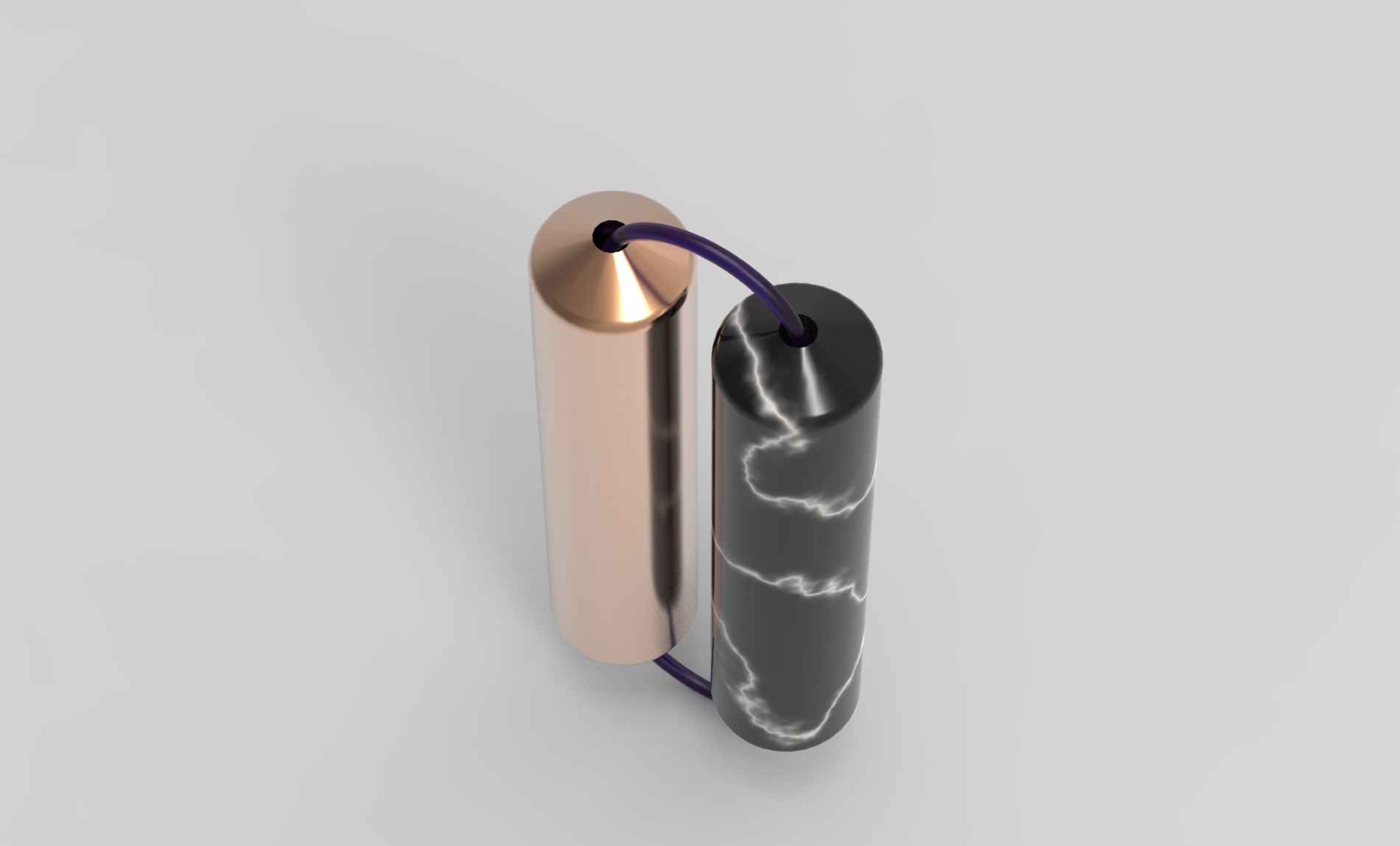
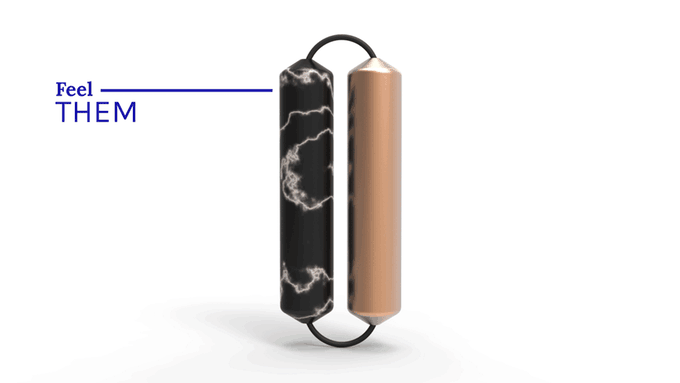
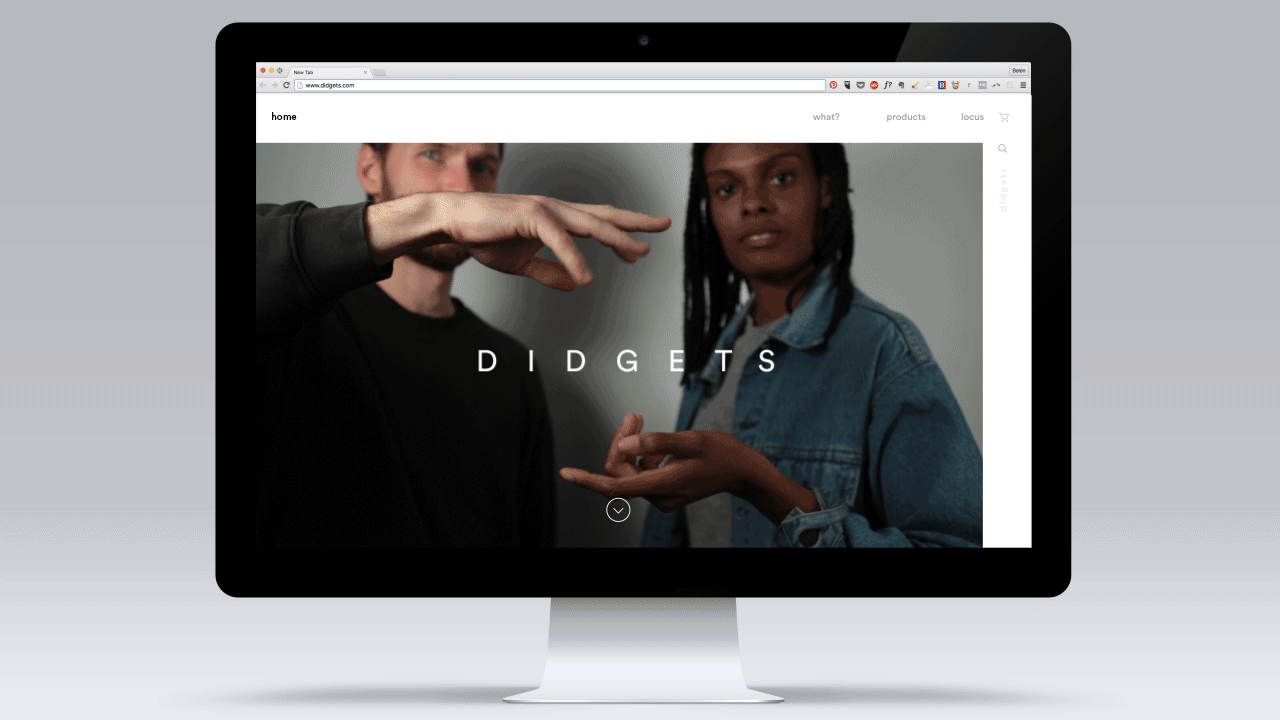
When designing the website for Didgets, I wanted to stay away from “labels” and how they can affect people’s behavior. So I built in a playful UX-UI experience: Here, the interaction design invites you to immerse yourself into the world of tactile cues—welcoming the idea of fidgeting with your hands.
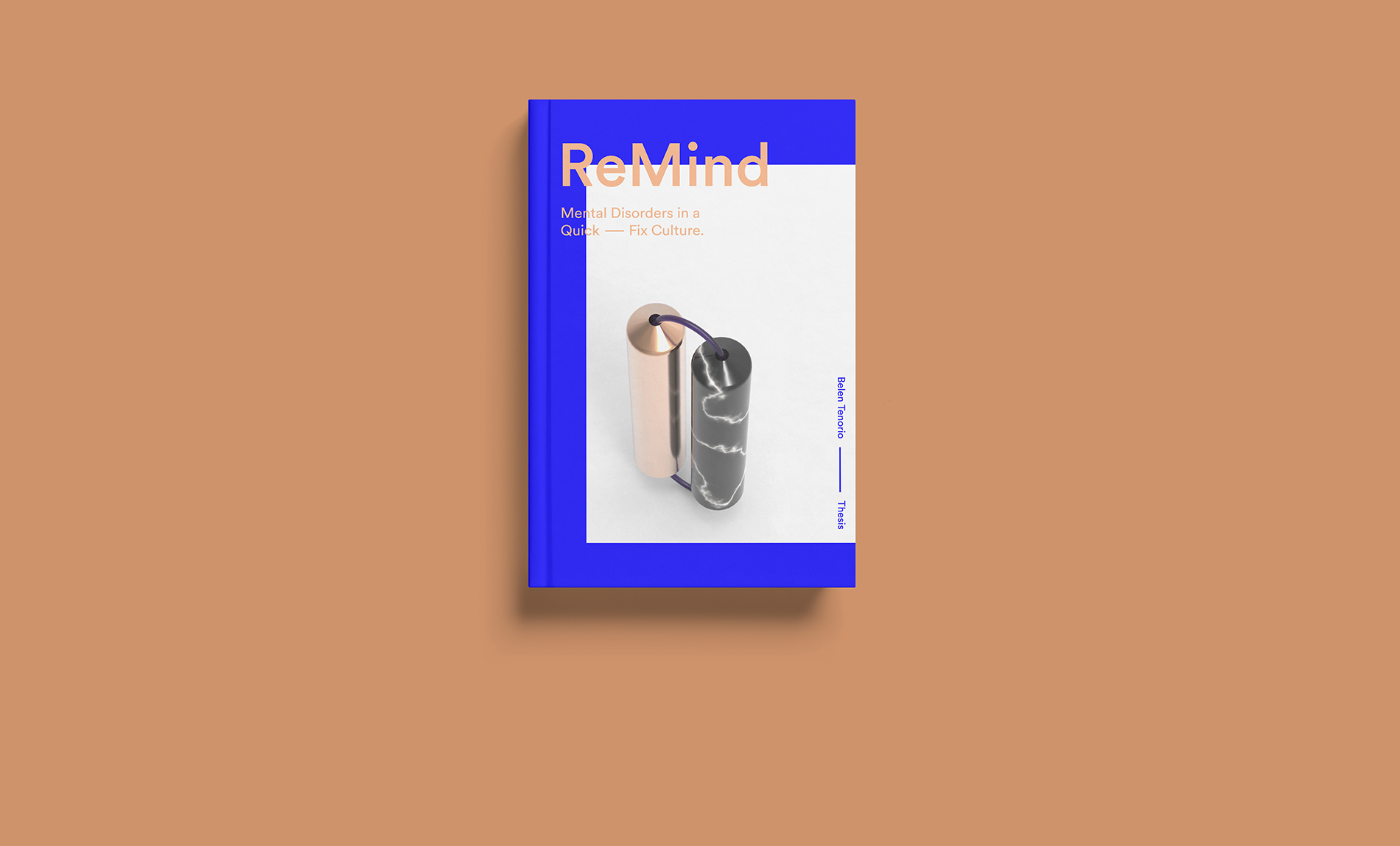
I've published a book about my experiments, primary and secondary research thoughts, and the entire process that it took to develop all of these design interventions. You can check it out online here.
For more info check out my live presentation.
